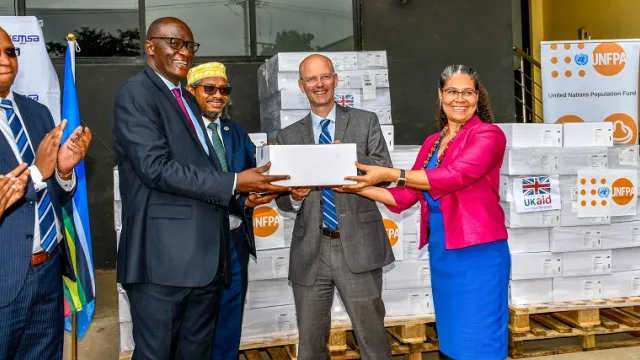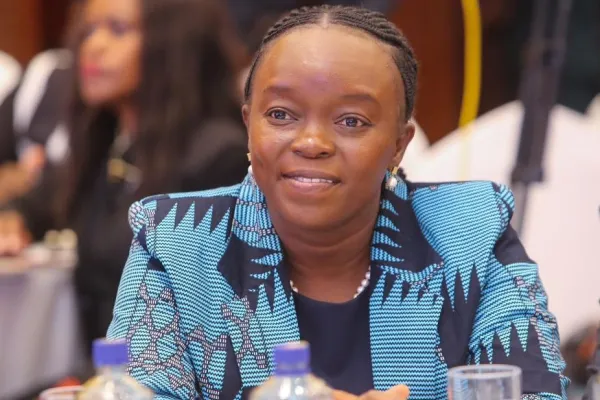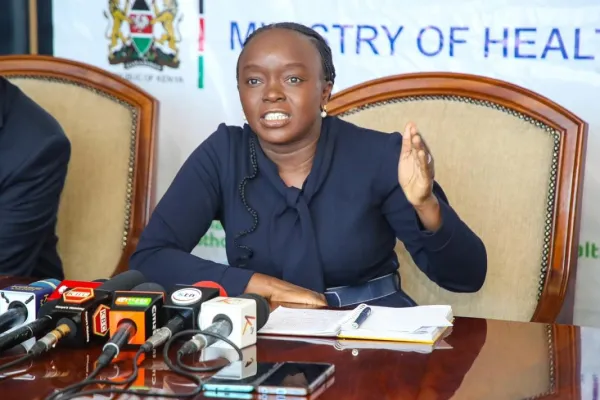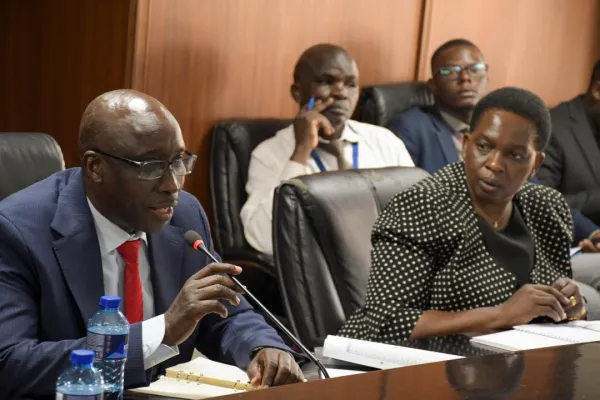Kenya gets 450,000 self-injectable contraceptives doses

Kenya gets 450,000 self-injectable contraceptives doses
Kenya's family planning efforts have received a Kes57 million shipment of self-injectable contraceptives procured by the United Nations Population Fund (UNFPA) with support from UK.
The consignment comprises 450,000 doses of contraceptives. Officials expect that this initiative will go a long way in helping prevent over 100 maternal deaths, 12,300 unsafe abortions, and over 42,700 unintended pregnancies across Kenya.
These self-injectable contraceptives, scientifically referred to as depot medroxyprogesterone acetate in its subcutaneous form (DMPA-SC), are known for their user-friendly nature and efficacy. Their administration requires minimal training, empowering community health workers, pharmacists, and women themselves to perform the injections.
The Ministry of Health is poised to oversee the distribution of these contraceptives to health facilities throughout the country, a move aimed at bolstering the accessibility of family planning services.
Endorsed by the World Health Organization (WHO) as an additional avenue for delivering injectable contraception to individuals of reproductive age, self-administered injectable contraception addresses access barriers and fosters higher continuation rates, while also amplifying women's agency in reproductive health decisions.
Read also: Comprehensive health coverage key in managing rising staff costs
A collaborative effort between Jhpiego, Kenya's Ministry of Health, and funded by the Bill & Melinda Gates Foundation, laid the groundwork for the introduction and expansion of DMPA-SC in Kenya.
This culminated in the approval of a comprehensive national training regimen for pharmacists and pharmaceutical technologists, incorporating education on both subcutaneous and intramuscular DMPA.
Despite these strides, challenges to family planning endure, particularly in remote regions. The 2022 Kenya Demographic and Health Survey underscored a national unmet need for family planning, standing at 14 percent, with certain counties facing even higher rates of unmet need.



